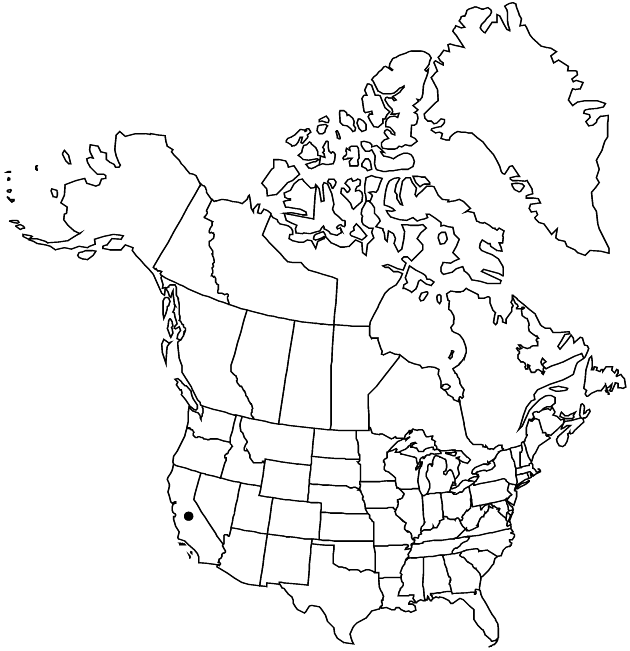Difference between revisions of "Monolopia major"
in A. P. de Candolle and A. L. L. P. de Candolle, Prodr. 6: 74. 1838.
Endemic
FNA>Volume Importer |
imported>Volume Importer |
||
| (2 intermediate revisions by 2 users not shown) | |||
| Line 1: | Line 1: | ||
{{Treatment/ID | {{Treatment/ID | ||
|accepted_name=Monolopia major | |accepted_name=Monolopia major | ||
| − | |accepted_authority= | + | |accepted_authority=de Candolle |
|publications={{Treatment/Publication | |publications={{Treatment/Publication | ||
|title=in A. P. de Candolle and A. L. L. P. de Candolle, Prodr. | |title=in A. P. de Candolle and A. L. L. P. de Candolle, Prodr. | ||
|place=6: 74. 1838 | |place=6: 74. 1838 | ||
|year=1838 | |year=1838 | ||
| + | }} | ||
| + | |special_status={{Treatment/ID/Special_status | ||
| + | |code=E | ||
| + | |label=Endemic | ||
}} | }} | ||
|basionyms= | |basionyms= | ||
| Line 31: | Line 35: | ||
-->{{#Taxon: | -->{{#Taxon: | ||
name=Monolopia major | name=Monolopia major | ||
| − | |authority= | + | |authority=de Candolle |
|rank=species | |rank=species | ||
|parent rank=genus | |parent rank=genus | ||
| Line 44: | Line 48: | ||
|publication title=in A. P. de Candolle and A. L. L. P. de Candolle, Prodr. | |publication title=in A. P. de Candolle and A. L. L. P. de Candolle, Prodr. | ||
|publication year=1838 | |publication year=1838 | ||
| − | |special status= | + | |special status=Endemic |
| − | |source xml=https:// | + | |source xml=https://bitbucket.org/aafc-mbb/fna-data-curation/src/2e0870ddd59836b60bcf96646a41e87ea5a5943a/coarse_grained_fna_xml/V19-20-21/V21_877.xml |
|tribe=Asteraceae tribe Heliantheae | |tribe=Asteraceae tribe Heliantheae | ||
|subtribe=Asteraceae (tribe Heliantheae) subtribe Baeriinae | |subtribe=Asteraceae (tribe Heliantheae) subtribe Baeriinae | ||
Latest revision as of 20:15, 5 November 2020
Leaves oblanceolate to lance-linear. Peduncles 10–130 mm. Involucres 8–13 mm. Phyllaries ± 8, connate ± 3/4 their lengths (forming cups with distinct, triangular lobes), oblanceolate, apices acute. Ray florets ± 8; corollas usually yellow, sometimes cream, laminae 8–20 mm, ± equally 3-lobed. Disc florets 60–100. Cypselae obcompressed, 2.5–4 mm, 3-angled (ray), 4-angled (disc), glabrous or apically hairy. 2n = 24.
Phenology: Flowering Feb–Jul.
Habitat: Clayey areas in grasslands
Elevation: 10–1100 m
Discussion
Selected References
None.
Lower Taxa
None.
